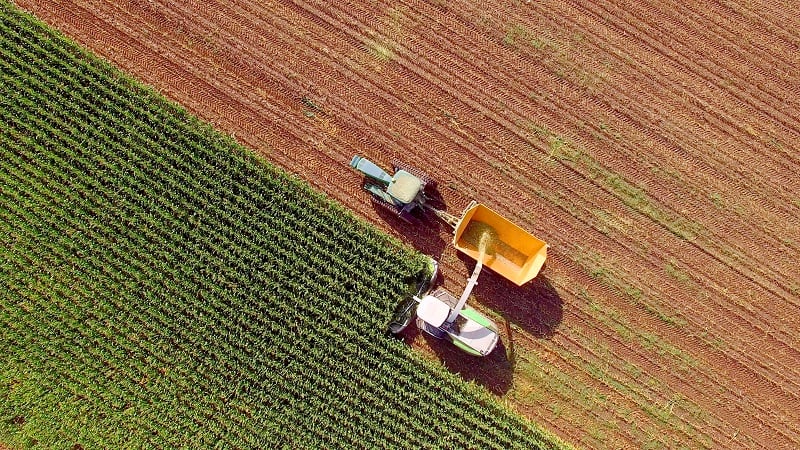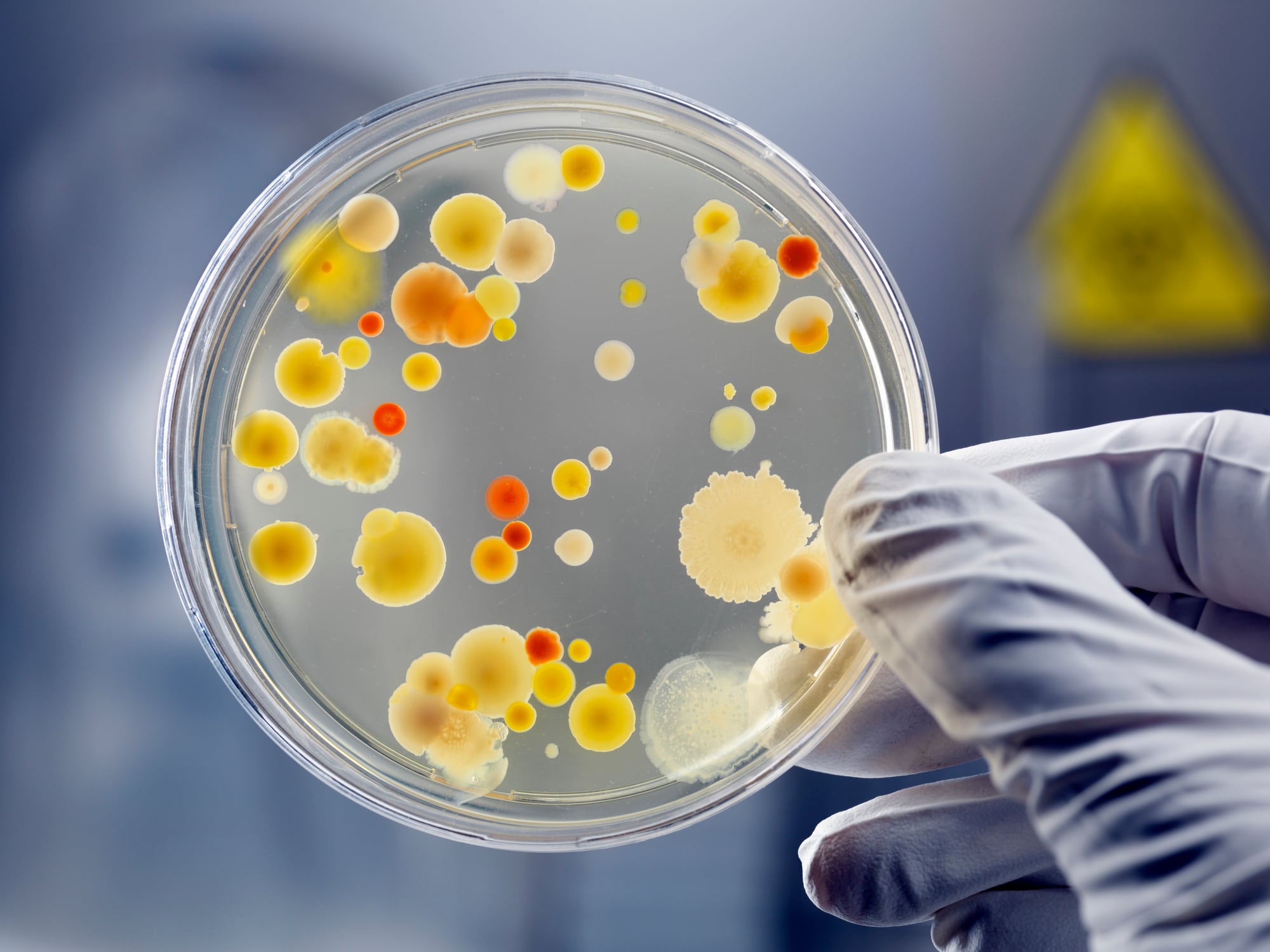Ag biologicals company Pivot Bio helped cut farmers’ dependence on synthetic nitrogen with its suite of products, designed for corn, wheat, sorghum and cotton, in 2024, realising sustainability benefits in the process, as shared in the company’s annual impact report.
Founded in 2020, Pivot Bio offers solutions for cereal crops that can be used to replace up to 40 pounds — or roughly 20% — of synthetic nitrogen per acre, Jane Franch, senior director of climate impact, explained.
Currently, Pivot Bio offers several products, including Proven 40 for corn, Return for sorghum and wheat and the forthcoming Cert-N for cotton, sold as an on-seed treatment or liquid in-furrow.
The company reported that nitrogen-use efficiency improved by 16% compared to traditional fertilisers, based on estimates in its impact report. Growers using Pivot Bio products also reduced nitrogen fertiliser usage by more than 48,300 metric tons and avoided more than 51,600 metric tons of nitrate leaching, the company reported.
Last year, Pivot Bio enrolled 1.4 million more acres in its N-ovator programme. The N-ovator programme assists growers transiting to biologicals by providing cash incentives, with the programme paying out $4.5 million — at an average of $5 per acre — last year, the company reported.
Replacing a synthetic nitrogen with a biological offers “permanent decarbonisation” since fewer resources are used in the creation of the fertiliser, Franch explained. Fermentation-based manufacturing processes consume less water and emit fewer GHG emissions compared to synthetic fertiliser manufacturing, and production can be done locally to reduce shipping expenses, Pivot Bio reported.
“We need solutions like this that are drop-in, scalable, price parity and decarbonisation plays. And this is really critical because many of the solutions out there right now are carbon storage, or carbon capture, and that is a really important piece of the puzzle too. But we are not going to get where we need to go without bending that Scope 3 emissions curve down, and direct decarbonisation is really the way to go,” Franch elaborated.
Inside Pivot Bio’s gene-editing tech
While “synthetic nitrogen is a really critical input for agriculture,” the fertiliser comes with “a lot of environmental impacts and human health impacts,” since synthetic fertilisers are typically created from methane or coal, Franch explained. Additionally, ammonia “is not immediately absorbed by the plants,” so the compound can “wash off the field” or “may volatilise as nitrous oxides,” she added.
“We have been using synthetic nitrogen for about 100 years now, so there is quite a bit of it in the soils, which means that we have turned off the innate ability of our soils to produce nitrogen for plants, as they had evolved to do so over millions of years,” Franch elaborated.
Pivot Bio developed its microbes through non-transgenic gene editing techniques that flip the “switch on nitrogen fixation” in plants, taking atmospheric nitrogen and converting it into a plant-available form, Franch explained. This nitrogen fixation process is very “metabolically expensive,” so the agtech company also edited the microbes to push ammonia across the plant’s structure, she added.
“We instruct [the plant] to share that nitrogen out — to push that ammonia out of their cell and that tightens the link between the microbes and the plant because now they are giving food to that plant. They are feeding the roots, and then the roots, in turn, form a symbiotic relationship with the microbes,” Franch elaborated.





